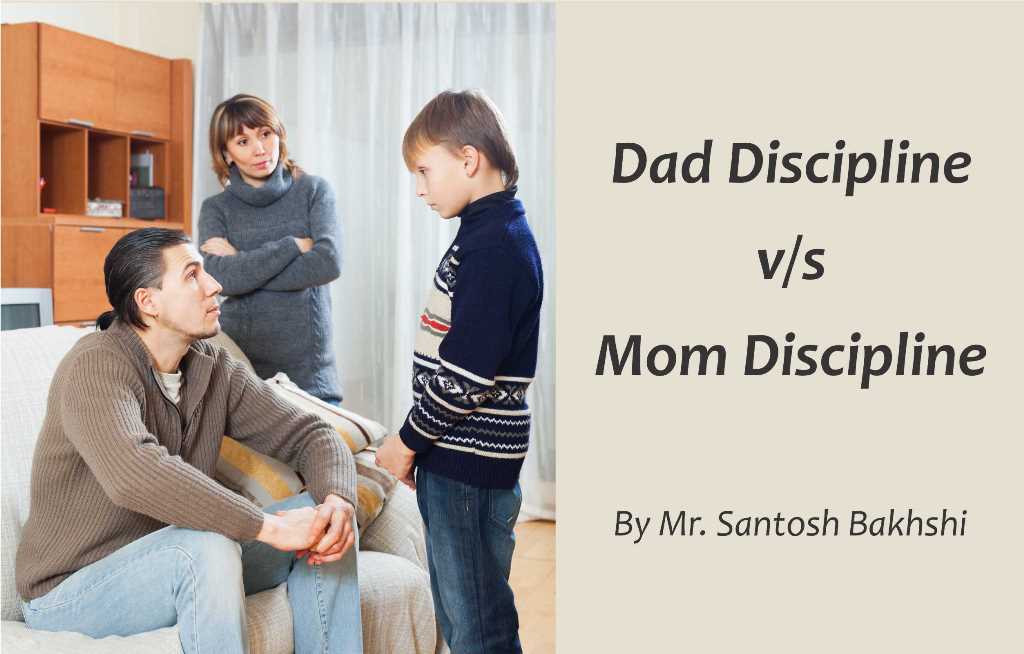
Help your child do better in studies
Educationists always wonder about the percentage of the pupils who are not regular in their work and often miss homework. There is no magic wand that can be used by either the parents or the teachers. So what is it that creates such a huge gap between performers and non performers even though there is not much difference in the potential of both the categories?
The answer is motivation, discipline and punctuality. Helping your child to excel in studies doesn’t need complicated theories or deluxe teaching aids. All it requires is a structure and conscious adherence to it on the part of both the parents and the children.
- Be an involved parent and cultivate trust with your child- When it comes to studies, teachers opine that the involved parents are like the backbone providing support to the children. When children understand that their parents’ value education, it conditions their mind to follow that path.
Children who trust their parents and enjoy good relationships with them have more confidence and are able to succeed.
- Be a role model- Children learn and imitate behaviors by observing and listening. They do what they ‘see’, not what they are ‘told’. If parents model good reading habits and culture at home, children are surely going to follow.
- Help your children cultivate self-discipline- When children are exposed to following routines and instructions, they are more aware and open to cultivate self discipline.
- Create a schedule- Creating a schedule is like providing a structure, setting the boundaries and expectations before the mind goes stray. Whatever the age, a child should be involved in the making of the schedule and it should be realistic.
- Regular monitoring- Monitoring will keep the parent and child in loop about the homework, revisions and new learnings.
- Avoid absenteeism– A child is not burdened with pending assignments and submissions if he/she is regular to school and punctual in homework. By following this they get ample rest and play time.
- Praise the effort- Celebrate all aspects of school achievements and efforts equally. When the parent is involved in studies, they understand the child’s effort in each step. Do not wait for the year end result. Award the efforts which in turn motivates the child to continue the efforts and achieve desired success at the end of the year.
- Talk beyond the books– Study time need not be restricted to books and school work only. Engage your children in conversations pertaining to books, Movies, TV Programs, current affairs etc. It broadens their outlook and elevates self confidence. Knowledge is power.
- Attend parent teacher meetings- Make it a priority to attend all meetings and discuss your ward’s studies, activities and areas of improvement.
- Spend time with your children- Consciously spend quality time with your children.
- Have meals with them.
- Have one on one time with them, without any gadgets or other distraction.
- Talk about and get involved in their interests and activities.
- Have positive talk about teachers and school authorities- Express respect, confidence and trust in school teachers and the administration. Talk about them in a positive tone. Children look up to their teachers with respect and admiration which encourages them to perform well . If you have any concerns, use your wisdom whether to discuss it in front of the child or it can be avoided.
- I hope this article helps in providing a structure and flow to both the parents as well as children and they achieve their full potential. ‘ Either you run the day, or the day runs you’ —– Jim Rohan
Author
Meenakshi Agrawal
Follow on Instagram @parentingwithmeenakshi







